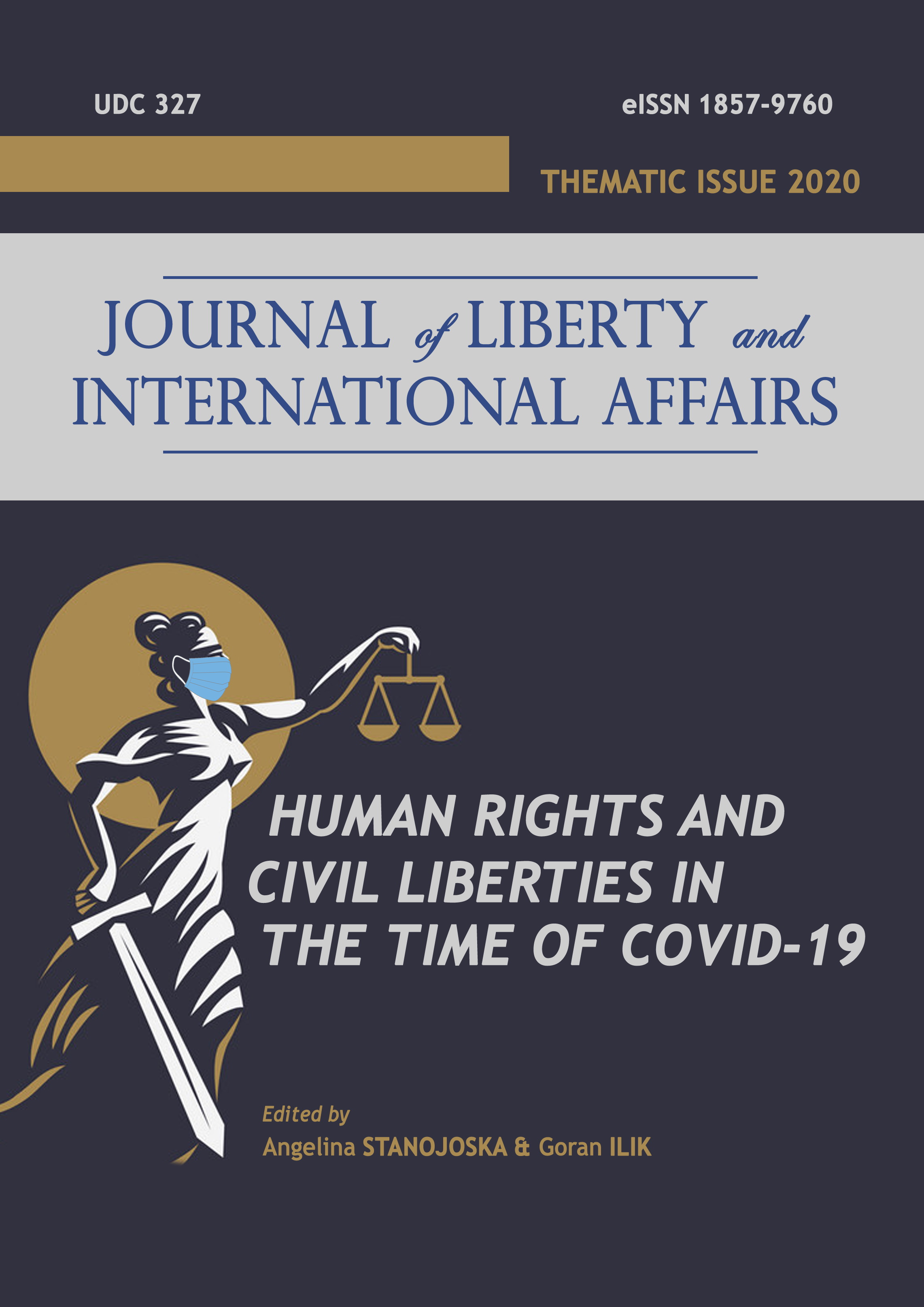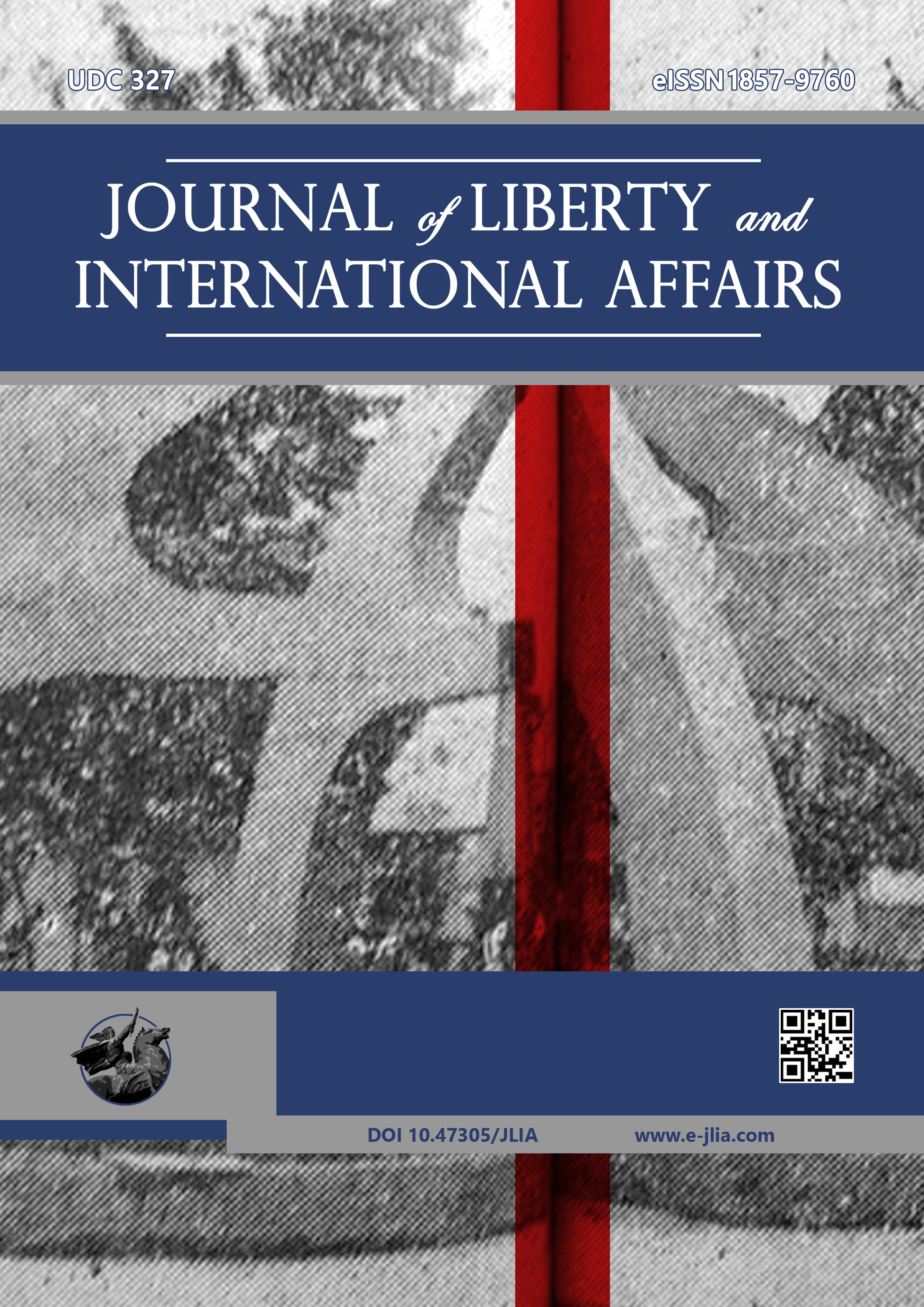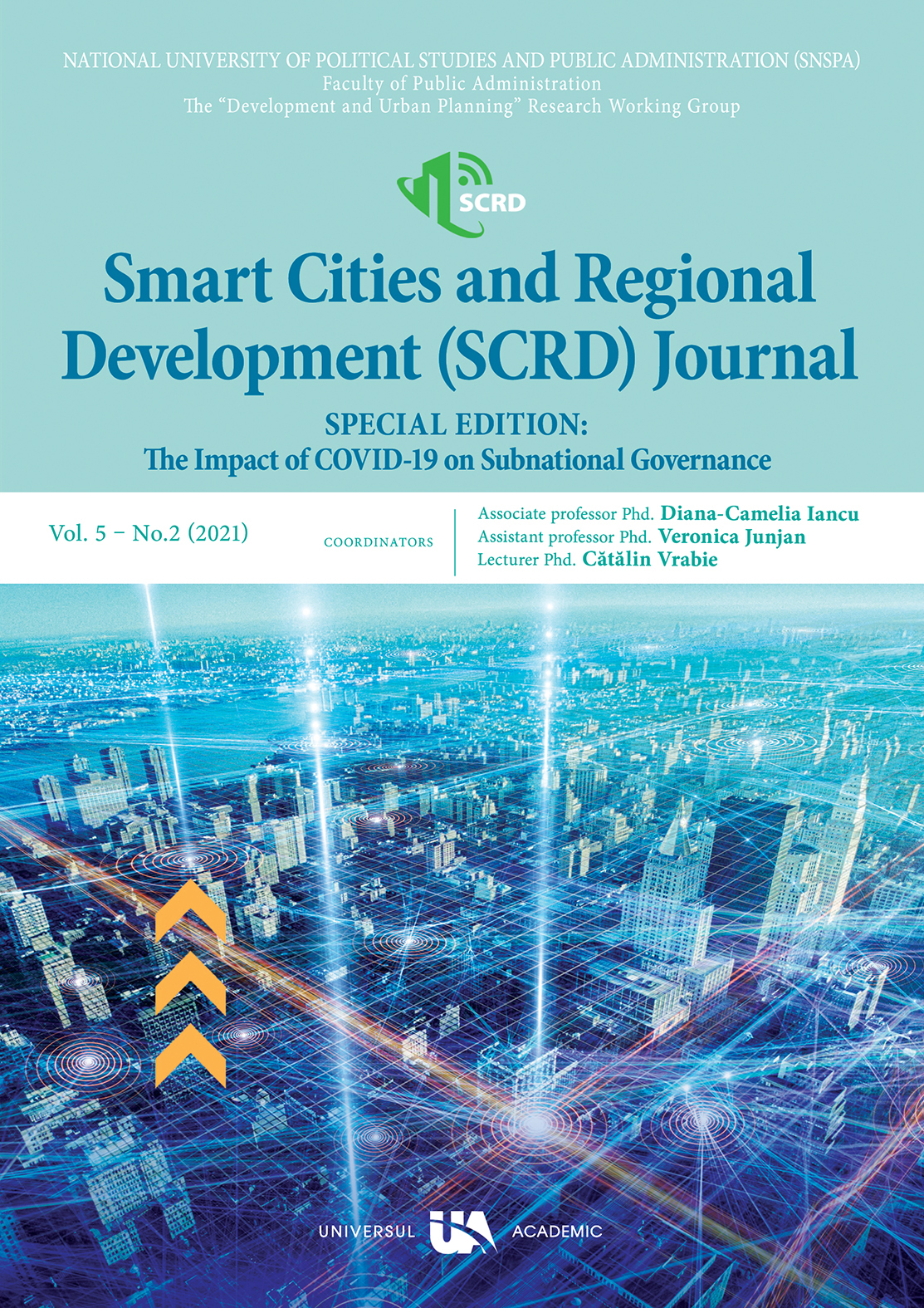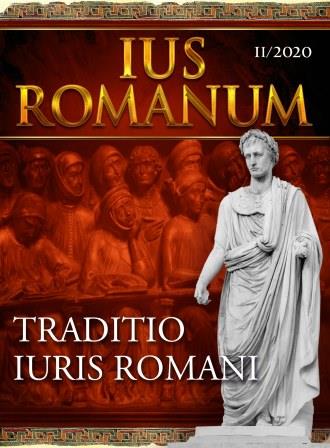
THE GUARDA NACIONAL REPUBLICANA 4S PATH: A STRATEGIC APPROACH FOCUSING ON HUMAN LIFE
The pandemic caused by the SARS-COV-2 virus not only accentuated the responsibility of the Security Forces to protect human life but also challenged the ability to manage change that, in a highly demanding environment, lacks integrated approaches that would enhance the collective and cooperative effort to share a common commitment. The Portuguese Guarda Nacional Republicana has guided its action according to the 4S strategic path, based on security, safety, social and support pillars, and on integrated strategic planning that, achieved by joint, preventive, educational awareness-raising and intervention actions, and by current proximity patrolling, have enabled obtaining social support and protecting military personnel lives and citizens lives. These tools simultaneously improve operational synergies enhanced by close cooperation and collaboration relations with several partners, doing justice to the premise that together we are capable and thus preventing anyone from falling behind.
More...


